Don't Let Poor IAQ Affect Your IVF Results: The Vital Importance of Clean Air in Fertility Clinics
Introduction:
In India, In-vitro fertilization (IVF) has been gaining popularity in recent years, with an increasing number of clinics offering the procedure. The country has a large population and a high demand for fertility treatments, making it a significant market for IVF services.
The Indian government has also been supportive of the development of IVF in the country. The government’s Ministry of Health and Family Welfare has been working to establish a national regulatory framework for IVF services, and several states have implemented their regulations on IVF clinics.
IVF labs are specialized facilities where procreative biologists and embryologists conduct assisted reproductive technology (ART) procedures to help couples overcome infertility. These labs have specific temperature and humidity controls, and air filtration systems to maintain optimal conditions for embryo culture and storage. IVF labs adhere to strict guidelines and protocols set by regulatory bodies such as the Indian Council of Medical Research (ICMR) and the Indian Society for Assisted Reproduction (ISAR) to ensure the safety and efficacy of the procedures.
Despite the increasing popularity of IVF in India, there are still certain challenges that need to be addressed.
Common Challenges:
These are highly sensitive environments that require strict control of the air quality to ensure the success of the fertilization process. The air [indoor air] must be free of contaminants such as dust, bacteria, and other particles that can harm the embryos.
Poor IAQ also may raise health concerns for the employees, workers, and staff. It may adversely affect the costliest equipment in the lab.
Hence indoor air quality (IAQ) is a critical aspect of the safety and efficacy of in vitro fertilization (IVF) labs in India. IVF labs are specialized facilities that require strict environmental control to maintain the viability of the embryos and protect the health of patients and lab personnel. IAQ challenges in IVF labs can arise from various sources, including ambient pollutants, microbial contaminants, and particulate matter.
One of the most significant challenges to IAQ in IVF labs is the presence of volatile organic compounds (VOCs). VOCs are emitted by various sources such as building materials, furniture, cleaning agents, and laboratory equipment. Exposure to VOCs can cause adverse health effects, such as eye and respiratory irritation, headaches, and dizziness. Additionally, VOCs can also affect the viability of the embryos and decrease the success rate of IVF procedures.
Particulate matter (PM1, PM2.5, PM10) is also a significant contributor to IAQ challenges in IVF labs. PM includes dust, dirt, and other small particles that can affect the quality of the air and the success rate of IVF procedures. Particles can originate from various sources, such as outdoor air, laboratory equipment, and construction activities.
Another common IAQ challenge in IVF labs is microbial contamination. Microorganisms, such as bacteria, fungi, and viruses, can enter the lab through various pathways. These microorganisms can affect the quality of the embryos and pose a risk to the health of patients and lab personnel. Proper air filtration, ventilation, and disinfection protocols are essential to prevent microbial contamination.
Air filtration solutions, such as HEPA / ULPA filters, are essential in these labs to remove contaminants and ensure that the air is free from bacteria and other particles that can harm the eggs and embryos. This is one of the reasons why AAF India Pvt Ltd is the leading air filtration solution provider for IVF labs, which are crucial in maintaining the clean and sterile environment needed for IVF procedures to be successful.
HEPA filters are commonly used in IVF labs because they can capture particles as small as 0.3 microns. These filters are highly efficient and can remove 99.995% of particles from the air. They are also easy to maintain and replace, which is important in a lab environment where cleanliness is of the utmost importance.
ULPA filters are another option for IVF labs. These filters are even more efficient than HEPA filters and can remove 99.995% of particles from the air. They are often used in labs where the highest level of air purity is required.
In addition to HEPA and ULPA filters, IVF labs may also use pre-filters and carbon filters to remove odours and volatile organic compounds (VOCs) from the air. These filters can help to further improve the air quality in the lab.
In order to address gas phase contamination, odours solutions AAF is offering Pressurization and Recirculation Unit (PRU) and Recirculation Unit (RU), Side Access Housing (SAH), and Cassettes.
However, it is important for IVF clinics to maintain high standards of quality and safety, to ensure that patients receive the best possible care.
For the best indoor environment and to win a customer’s trust deploy AAF air filtration solutions. We have 100 years of experience in this industry.
Before seeking customized solutions for your lab, don’t forget to signup for our ‘FREE IAQ Audit’
Signup Today: https://www.aaf-india.com/contact/

